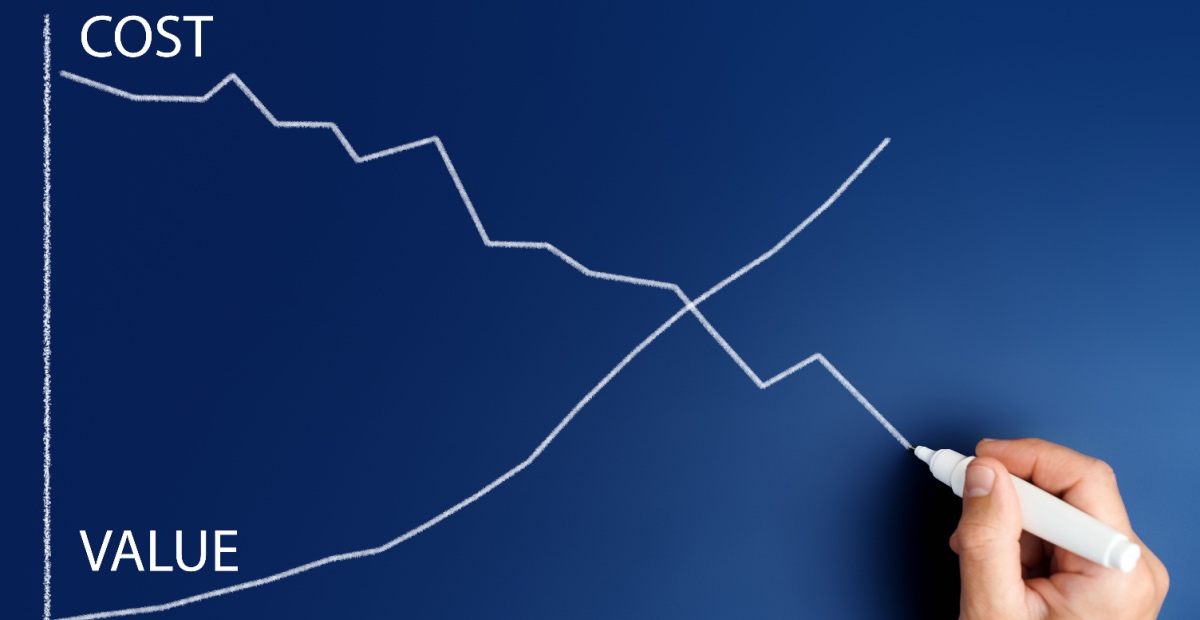Industry funds emphasise economic value of super

On the eve of the Treasurer’s economic reform roundtable, Industry superannuation funds lobby group, Super Members Council (SMC) has produced new research validating the degree to which superannuation is alleviating pressure on the social welfare budget.
The SMC research is emphasising the point that superannuation has come of age and that it lasting longer into retirement with the total proportion of retirees in their 70s with super income having tripled over the past 22 years from 16% to 49%.
It said the total proportion of retirees in their 80s with superannuation income has doubled from 15% to 30% over the same period.
The SMC said superannuation is reducing pressure on the Aage Pension with the proportion of household equivalised income from the Age Pension having been halved for the middle quintile of retirees from 52% to 26%.
Further, the SMC said new modelling showed that if there was no superannuation system, expenditure on the Age Pension would be $12 billion a year higher than otherwise by 2028 and that there would be over 512,000 more Age Pension recipients.
It said that same modelling showed that the average incomes of Australians aged over 67 in the absence of the superannuation system would be $7,600 a year lower by 2028.
“…to provide a similar income to retirees via an increased Age Pension, the additional cost to taxpayers would be $86 billion a year by 2028,” the modelling found.
However it also said that its latest analysis show that those on the lowest wealth rungs are not benefitting as much from super as those further up the ladder, for several reasons:
— Less paid work due to disability, health or caring responsibilities.
— Higher costs for those who rent in retirement.
— Some lower income earners have been excluded from super, for example due to the recently abolished $450 income threshold and forms of insecure work that don’t pay super. — Continued underpayment or non-payment of super (unpaid super), which affects 45% of workers earning under $25,000.
— Inadequate tax concessions for low-income earners, including some who pay more tax on their super than on their take-home pay.
“This reinforces the ongoing need to update system settings for some groups and ensure the Age Pension and related financial supports deliver a genuine safety net.
“The better-than-expected success of the super system and the wealth it is generating for large swathes of the Australian community is alleviating pressure on the Age Pension and will continue to do so. Australia is one of the few OECD countries whose spending on the Age Pension is expected to decrease as a proportion of GDP in decades to come,” the SMC said.
“This financial boon provides real capacity for future Australian Governments to better financially support those groups who need it most in retirement, such as single renters.”











Surely "implemented consulting" belongs to a bygone era given the question marks over governance in term of separation of powers,…
Agree. LIF has been a joke. Actually pretty much everything that Canberra has been involved with has turned into a…
The current super products offered by platforms are now under huge threat, due to the regulatory risk of acting as…
Let's not forget FSC promoting aggressively LIF. As they wanted the Life companies to flog Dodgy Direct Life Insurances. Wow…
You wrote, "Decades of unlawful conduct" That's a massive statement. Where's the evidence of their conduct? (Not banks etc.)